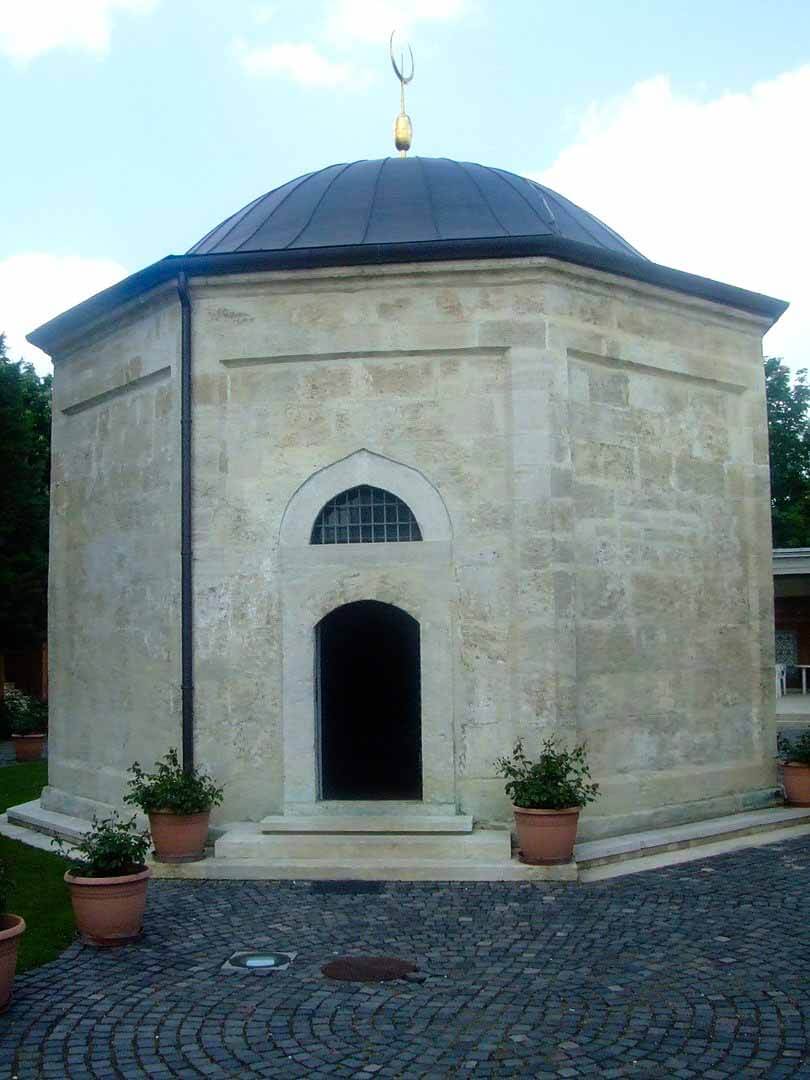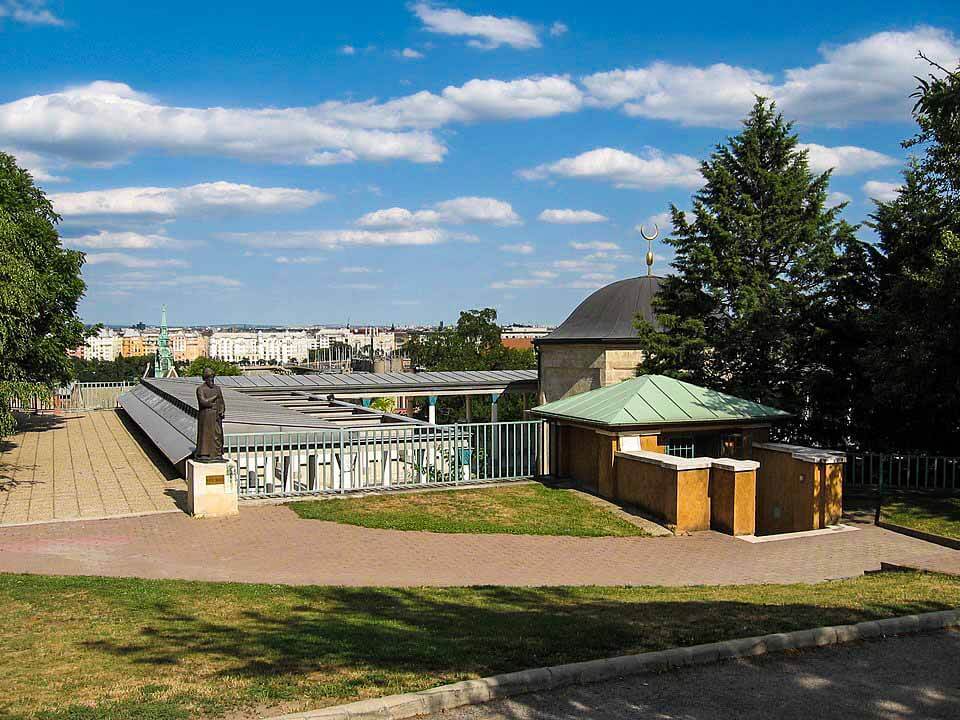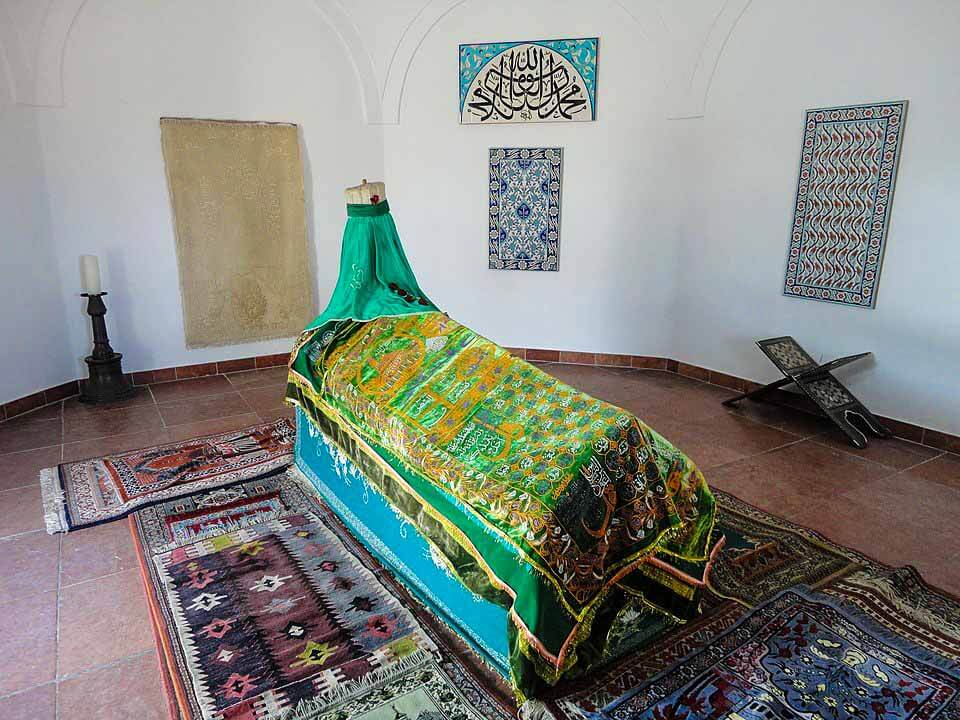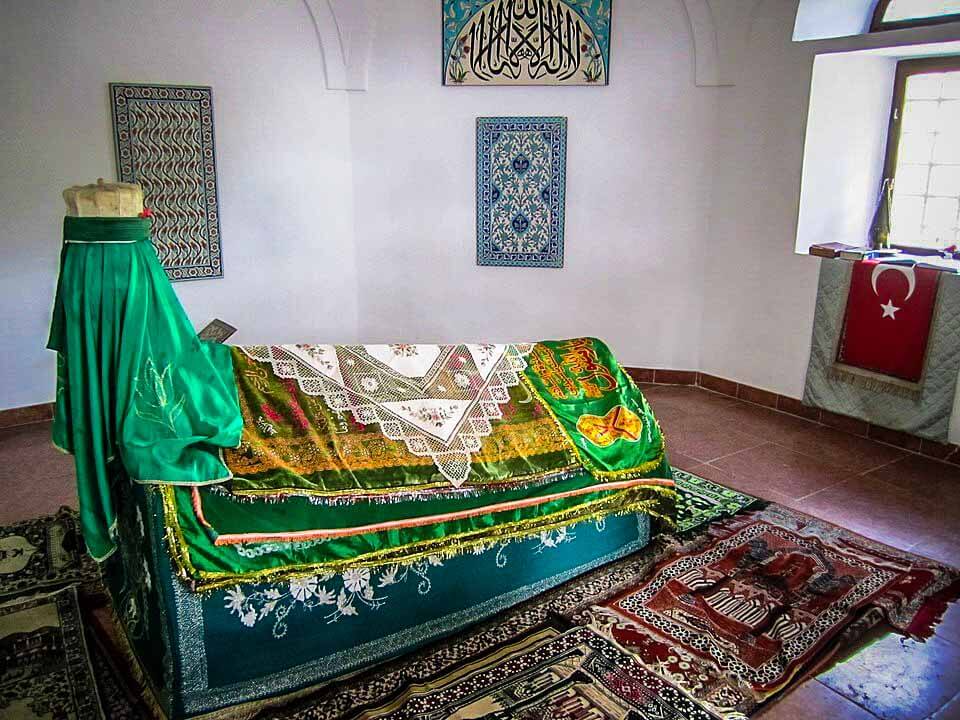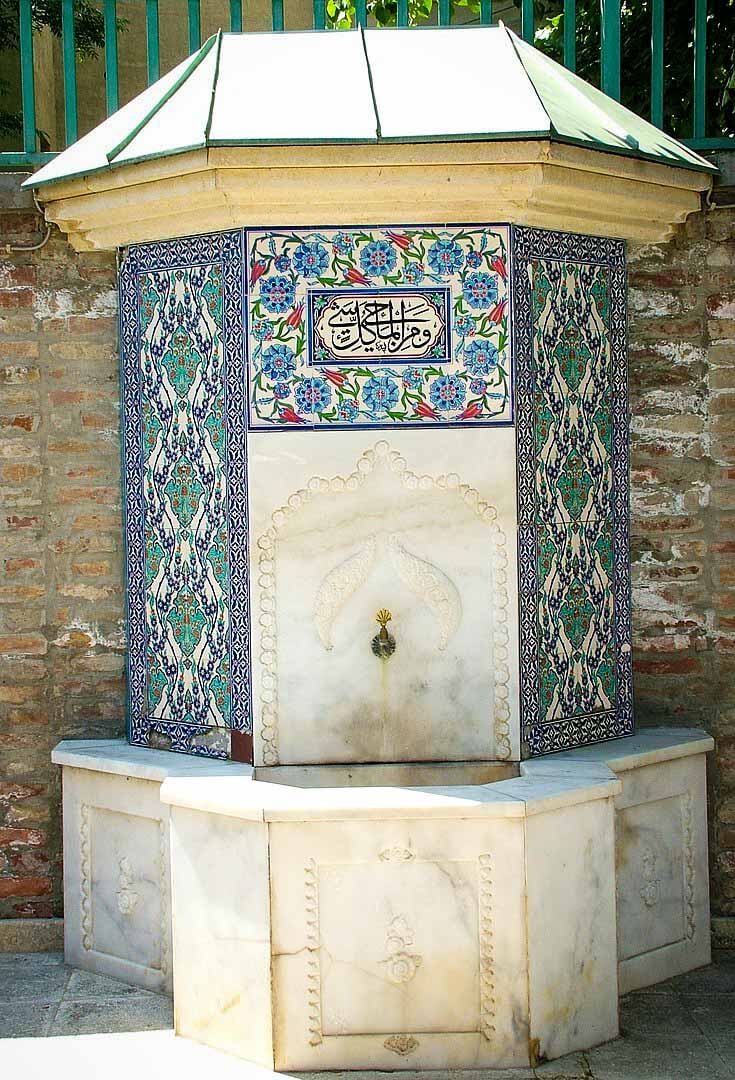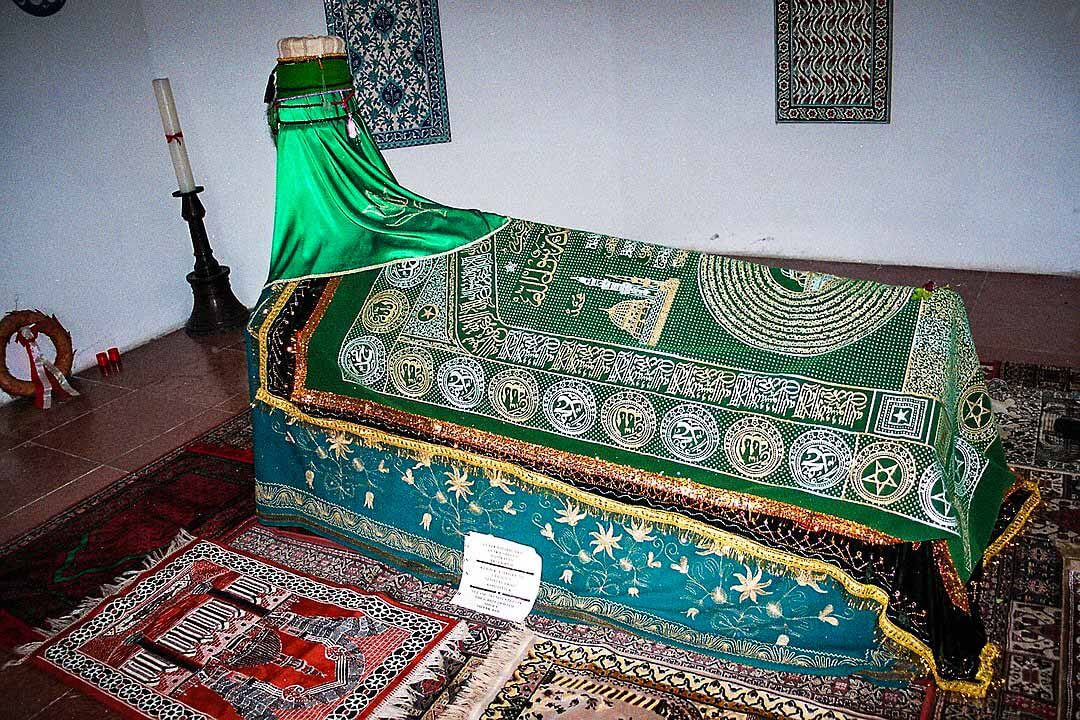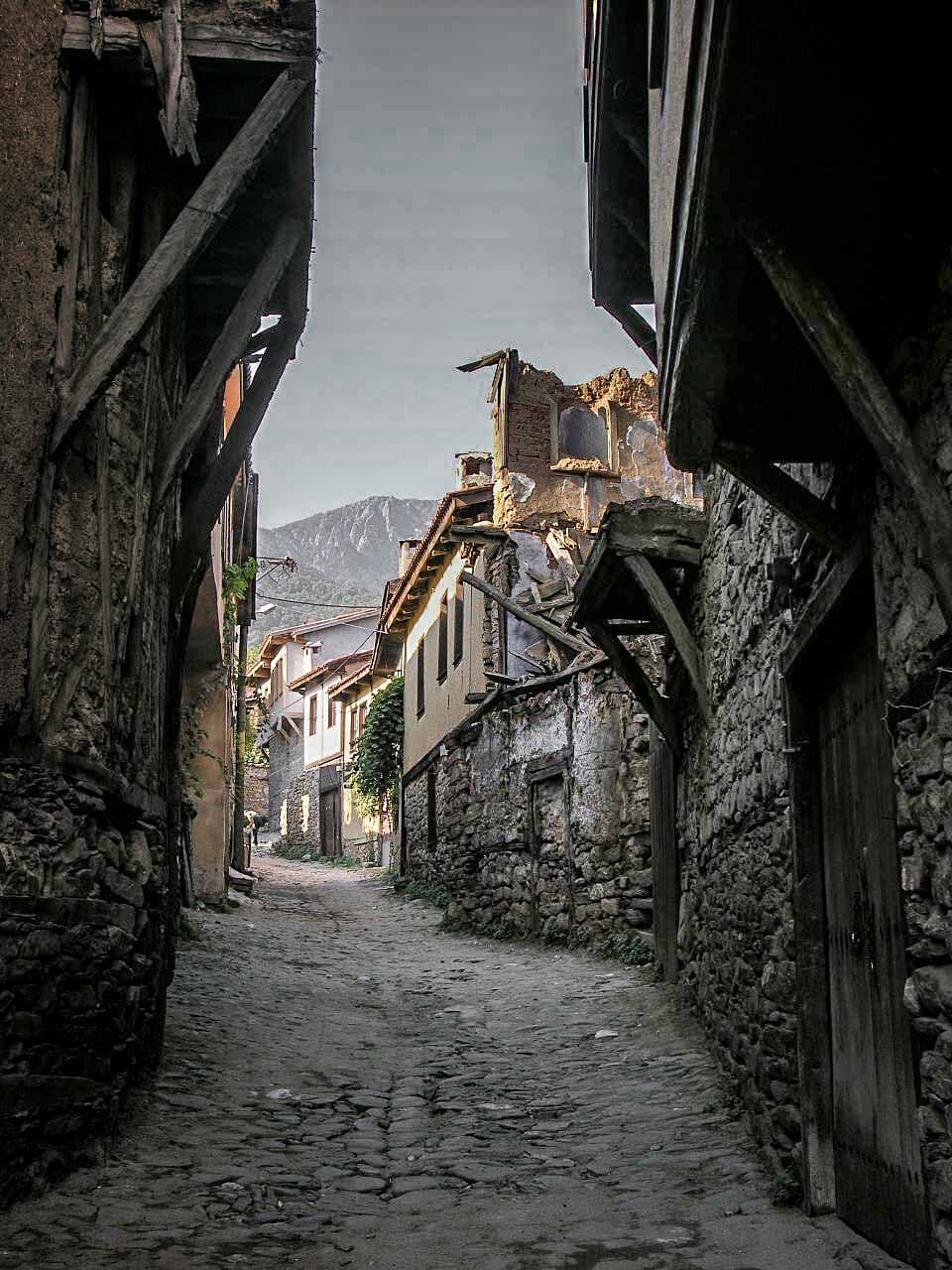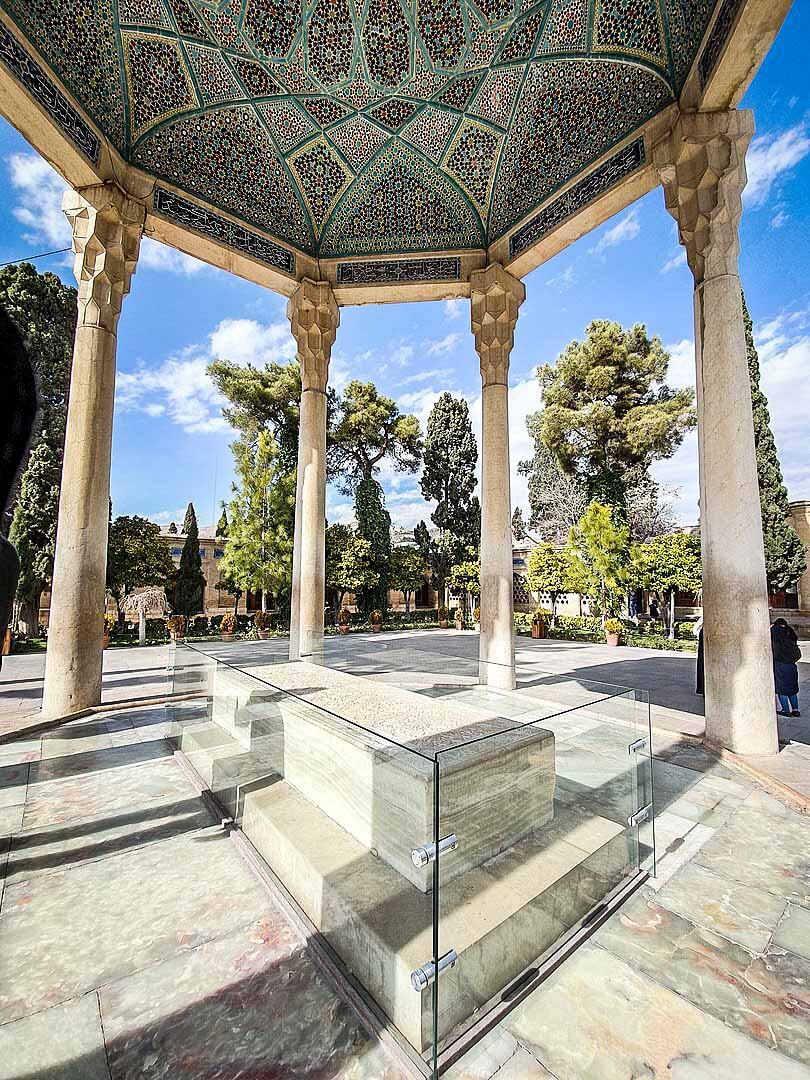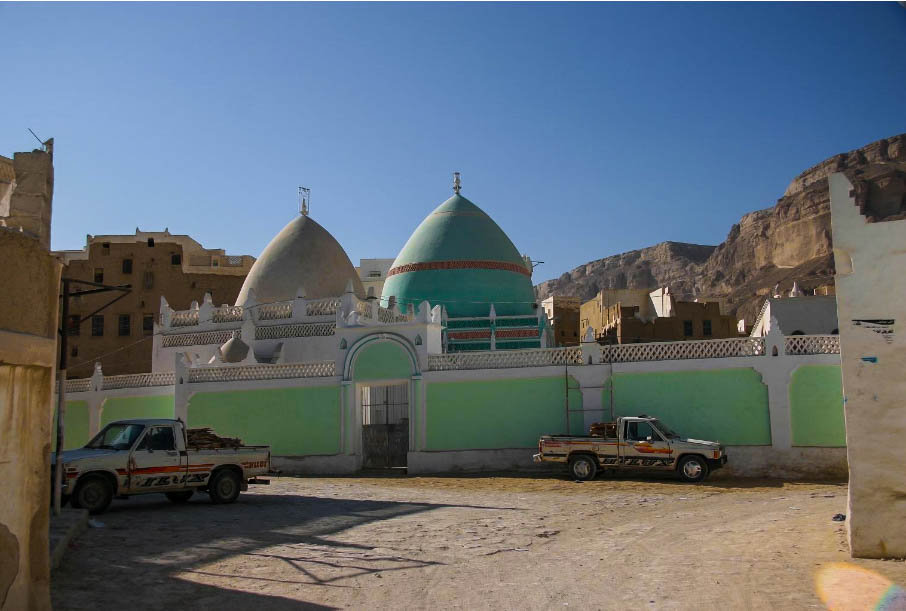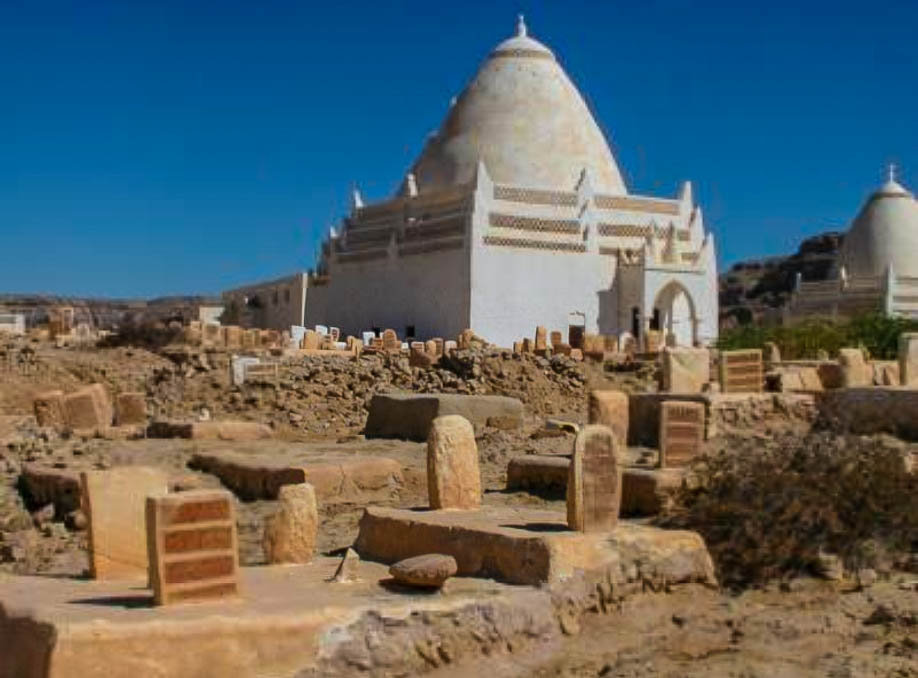Budapest, Hungary
Coordinates: 47.515989, 19.034914
Hz. Gul Baba رحمة الله عليه, also known as Jafer, was an Ottoman Bektashi dervish poet and companion of Sultan Suleiman the Magnificent who took part in a number of campaigns in Europe from the reign of Mehmed II onwards.
A native of Merzifon (Marsiwān, in the vilāyet of Sivas, Anatolia), he was the son of Kutb’ul Arifin Veli’uddin İbn Yalınkılıç.
In Hungary, Gul Baba is known as the “Father of Roses,” a literal translation of the meaning of his names in Turkish; he is said to have introduced the flower to the country.
Hz. Gul Baba رحمة الله عليه is thought to have died in Buda during the first Muslim religious ceremony held after the Ottoman victory of 1541, or alternatively to have been killed during fighting below the walls of the city on August 21, 1541.
Suleiman, who was also Caliph, declared him patron saint of the city and is reputed to have been one of the coffin bearers. Hz. Gul Baba’s رحمة الله عليه descendants are the Marzioglu family, some of whom were the pashas of the Trebizond Vilayet.
Tomb
Hz. Gul Baba’s رحمة الله عليه octagonal tomb (turbe) is located on Mecset (mosque) Street, Budapest, a short but steep walk from the Margaret Bridge in the district of Rózsadomb.
It was left undamaged when the Habsburg armies captured the area during the Second Battle of Buda in 1686, but was converted into a Roman Catholic chapel by the Jesuits, who renamed it “St Joseph’s Chapel”.
The land later came under the ownership of János Wagner, who maintained the site and allowed access to Muslim pilgrims coming from the Ottoman Empire.
In 1885, the Ottoman government commissioned a Hungarian engineer to restore the tomb and, when work was completed in 1914, it was declared a national monument.
The site was restored again in the 1960s and in the 1990s and is now the property of the Republic of Turkey.
A large-scale renovation was completed in October 2018, when the site was inaugurated by Hungarian prime minister Viktor Orbán and Turkish president Recep Tayyip Erdoğan.
Underneath the tomb there is a Turkish-style tea shop and an exhibition about Ottoman Budin and the the dervish Guel Baba, the father of roses.
In the exhibition it says that most Hungarians have an image of Guel Baba as a kind old man spending his days tending a rose garden.
In actual fact this was a religious leader who came over to Budapest as part of the Ottoman campaigns in order to support and encourage the holy war.
You need to visit and make up your own mind. The tomb is still visited by Turkish citizen for the celebration of Eid.




